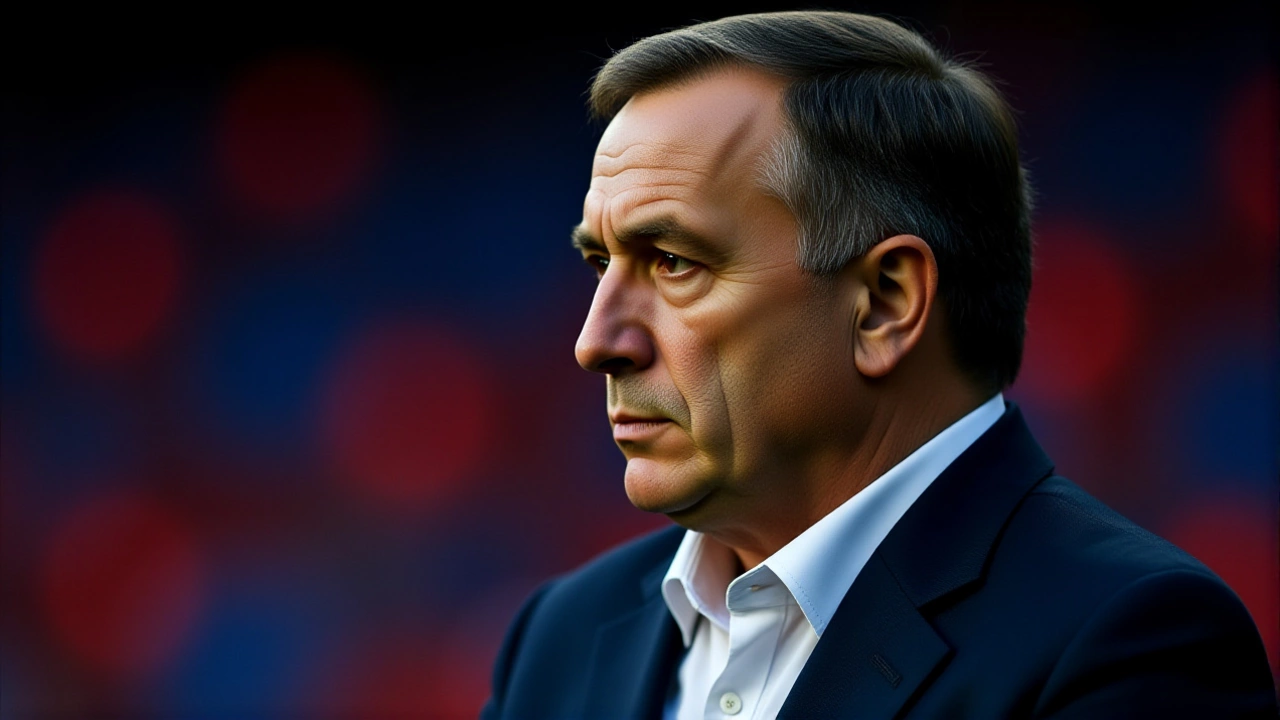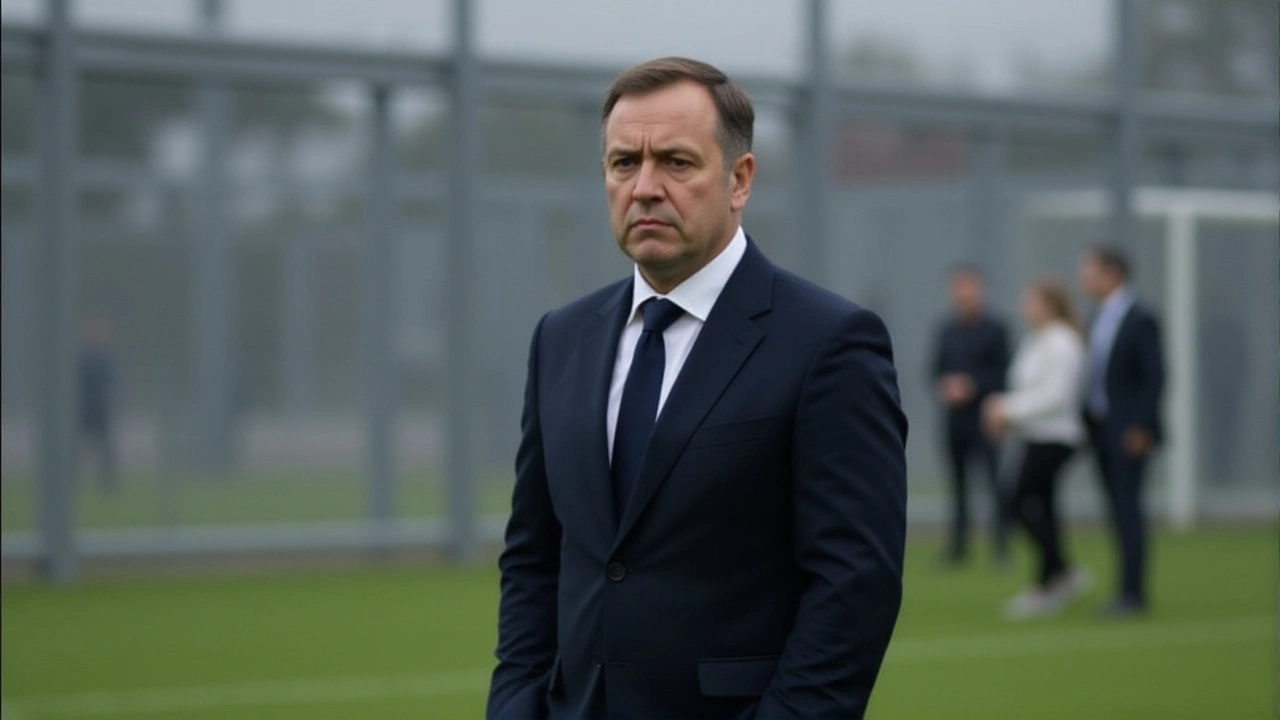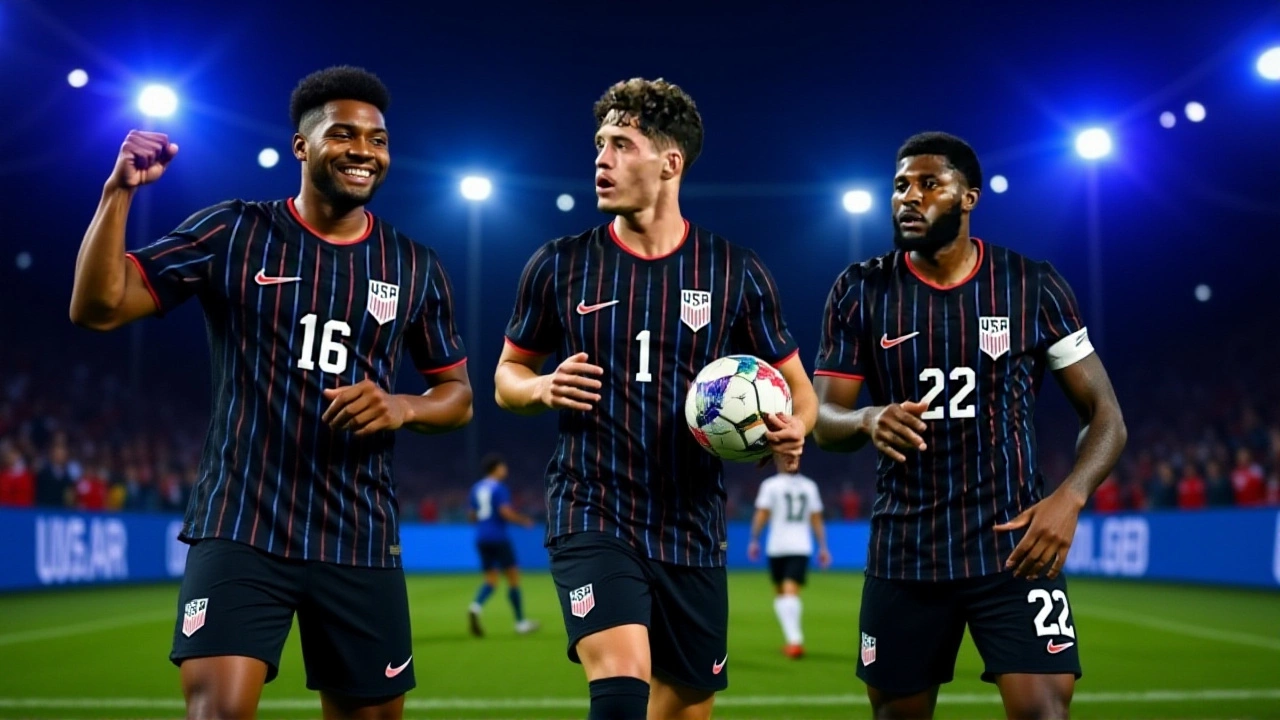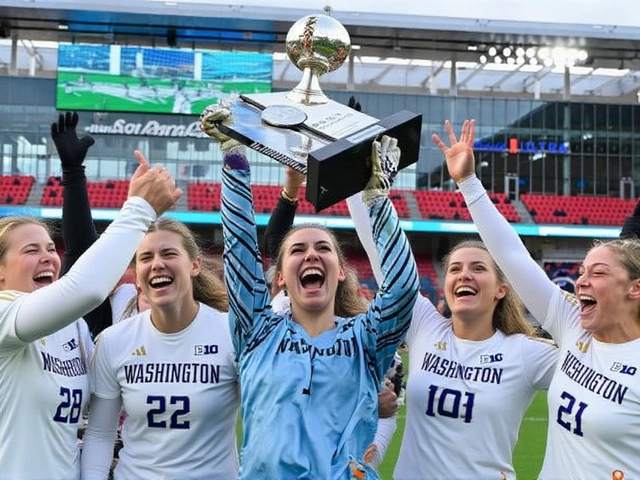Dick Advocaat, 78, Leads Curaçao National Team in Unexpected Career Chapter

At 78, Dick Advocaat isn’t hanging up his whistle — he’s picking up a new one. The Dutch football veteran, whose name echoes through decades of European club and international football, is now guiding the Curaçao national football team in a role few saw coming. His Wikipedia profile confirms the appointment, though the exact date remains unlisted. What’s clear is this: after a career that spanned top clubs in the Netherlands, Russia, Scotland, and England — and national teams from Belgium to South Korea — Advocaat has found himself in the Caribbean, shaping a squad with ambition far beyond its size.
A Manager Who Refuses to Retire
Advocaat’s career reads like a football biography written in ink that never dries. He managed Belgium starting October 1, 2009, just after their failure to qualify for the 2010 World Cup. He juggled that role with AZ Alkmaar for a brief, chaotic stretch in late 2009 — watching just one Champions League match before walking away. Then came Zenit Saint Petersburg, where he was fired in 2010 despite having already signed a two-year deal with Belgium worth $1.688 million. The timing? Odd. The move? Characteristic.Even in his 60s, he wasn’t done. In June 2015, he took over Sunderland AFC on a one-year contract, bringing in Jeremain Lens and Fabio Borini — players he’d previously coached at PSV. He then returned to the Eredivisie in 2018, stepping in at FC Utrecht after four disastrous games. Each time, he came in not to rebuild, but to stabilize. To win. To impose discipline.
Curaçao: A New Challenge in a New Continent
Curaçao isn’t a football powerhouse. But it’s not a footnote either. Ranked 102nd by FIFA as of 2024, the island nation has quietly climbed since its 2011 transition from the Netherlands Antilles. Advocaat’s arrival signals a shift — from hopeful development to serious ambition. He’s not here to play the long game. He’s here to raise the bar.Why Curaçao? The answer isn’t in money. It’s in legacy. Advocaat has managed in 12 countries. He’s won league titles in the Netherlands, Russia, and South Korea. He’s taken Belgium to the 2014 World Cup and nearly to Euro 2016 glory. Now, he’s working with a squad that blends Dutch-trained talent, local stars from the Caribbean, and diaspora players from the Netherlands and the U.S. It’s a melting pot — and Advocaat, the pragmatic tactician, thrives in chaos.
His first task? Fixing a defense that conceded 17 goals in its last five CONCACAF Nations League matches. His second? Instilling belief. “He doesn’t yell,” one Curaçao player told a local reporter last month. “He just looks at you. And you know — you’ve let him down.”

The Dutch Shadow: Koeman and the 2026 World Cup
While Advocaat rebuilds Curaçao, his countrymen are chasing bigger dreams. Ronald Koeman, 59, took over the Netherlands national team in April 2022 with a contract extending through the 2026 World Cup in Mexico, the USA, and Canada. His mandate: win Euro 2024 in Germany and then go further than 2022’s Round of 16 exit.Koeman’s shadow looms large. Players like Joshua Zirkzee, now at Manchester United, are reportedly pushing for more minutes — not just for club glory, but to catch Koeman’s eye. ESPN reported in June 2024 that United’s transfer decisions hinge on whether Zirkzee gets playing time to prove he belongs in the 2026 squad. That’s the pressure cooker Advocaat once lived in — and now, he’s helping others escape it.
What’s Next for Advocaat and Curaçao?
Curaçao’s next big test comes in the 2025 CONCACAF Nations League, where they’ll face Jamaica, El Salvador, and Guyana. Advocaat’s goal? Top their group and qualify for the 2025 Gold Cup — their first appearance since 2019. He’s already begun reshaping the squad, calling up three players from the Dutch lower leagues and one from the U.S. college system.His age? Irrelevant. His experience? Priceless. He’s seen it all — from the glory of PSV’s 1988 European Cup win to the humiliation of Belgium’s 2018 World Cup semifinal collapse. He knows how to turn a team around. And now, he’s doing it on a tiny island with big dreams.

Why This Matters
Advocaat’s move to Curaçao isn’t just a footnote in his career. It’s a statement. Football isn’t just about money, stadiums, or TV deals. It’s about people — and the right coach can change the trajectory of a nation. For a Caribbean team with limited resources, having a man who’s managed at the highest level is a game-changer. It tells young players: you’re not too small. You’re not too far. You just need the right guidance.And for Advocaat? At 78, he’s not slowing down. He’s just changing the map.
Frequently Asked Questions
How long has Dick Advocaat been managing the Curaçao national team?
The exact start date of Dick Advocaat’s tenure with Curaçao isn’t publicly confirmed, but multiple Caribbean sports outlets reported his involvement by early 2024. He was visibly present at the team’s March 2024 Nations League qualifiers, suggesting he took over sometime in late 2023 or early 2024 — his first role since leaving FC Utrecht in 2019.
Why is a 78-year-old Dutch coach managing a Caribbean team?
Advocaat has never been driven by prestige alone. He’s known for taking on challenging roles where structure and discipline are lacking. Curaçao, despite talent, has struggled with consistency. His reputation for turning around underperforming squads — from Belgium to Sunderland — made him an ideal fit. The Curaçao federation reportedly offered him autonomy over squad selection and training methods, something he values at this stage of his career.
How does Advocaat’s past experience help Curaçao?
His history with Belgium’s rise from mediocrity to World Cup semifinalists in 2018 offers a blueprint. He understands how to build team chemistry across diverse backgrounds — Curaçao’s squad includes Dutch-born players, U.S. college recruits, and local stars. He’s also coached in high-pressure environments, from Russian winters to Scottish rain, and knows how to prepare teams for physical, tactical battles — exactly what CONCACAF football demands.
Is there a connection between Advocaat and Ronald Koeman?
Yes — and it’s complicated. Advocaat coached Koeman at PSV Eindhoven in the early 1990s, and Koeman succeeded him at AZ Alkmaar in 2009. Their relationship has been professional but distant. Now, as Koeman leads the Netherlands toward the 2026 World Cup, Advocaat is quietly building Curaçao’s identity. It’s a quiet rivalry of legacies: one chasing glory, the other building foundations.
What’s the significance of Curaçao’s upcoming 2025 Nations League matches?
Winning their group would qualify Curaçao for the 2025 CONCACAF Gold Cup — their first appearance since 2019. For a nation of just 160,000 people, that means global exposure, crucial funding, and a chance to compete against teams like Mexico and the USA. Advocaat’s tactical discipline could be the difference between another early exit and a historic run.
Could Advocaat manage another national team after Curaçao?
He’s said he’s not looking for another long-term role. But if Curaçao qualifies for the 2025 Gold Cup and performs well, offers could come — possibly from another Caribbean or African nation seeking stability. Advocaat’s legacy isn’t about titles; it’s about transformation. And he’s still doing it.
- November 20, 2025
- Darius Beaumont
- 0 Comments
- Permalink




